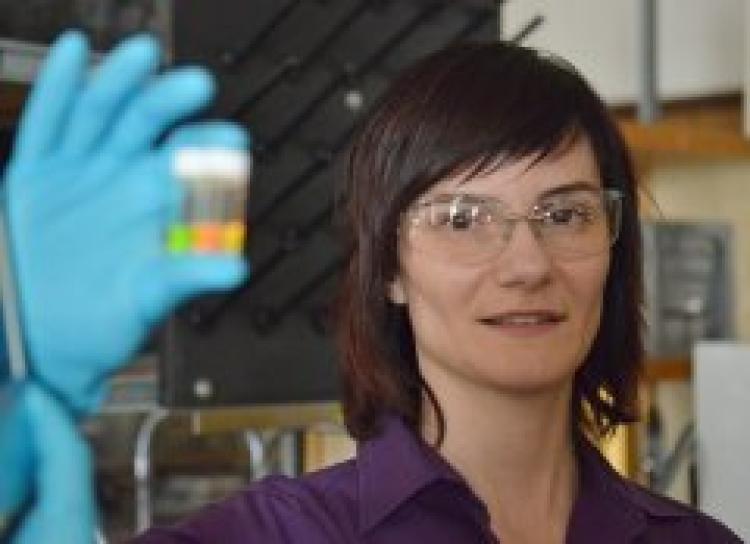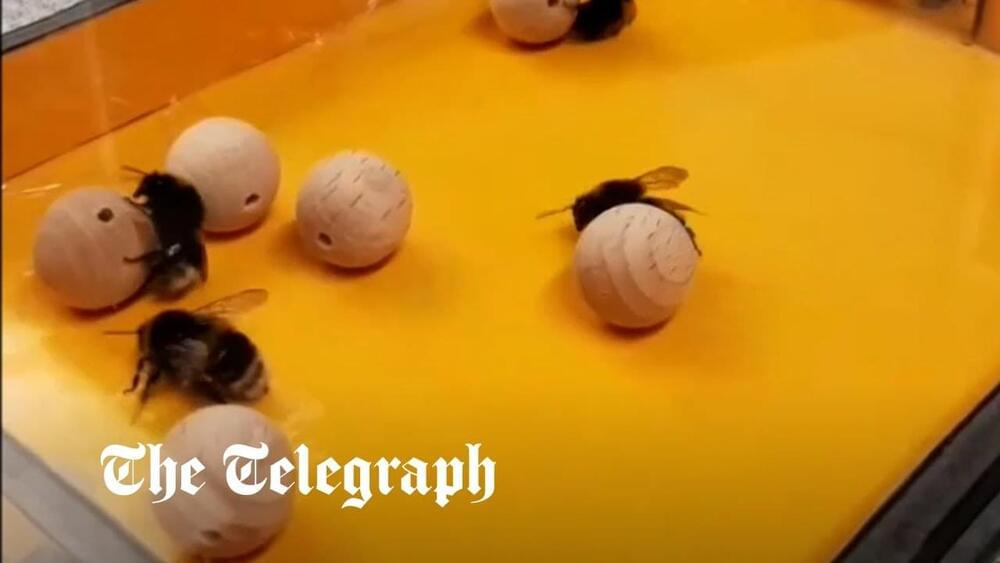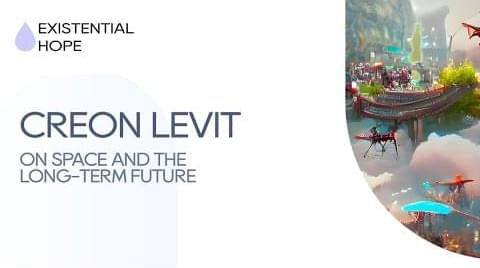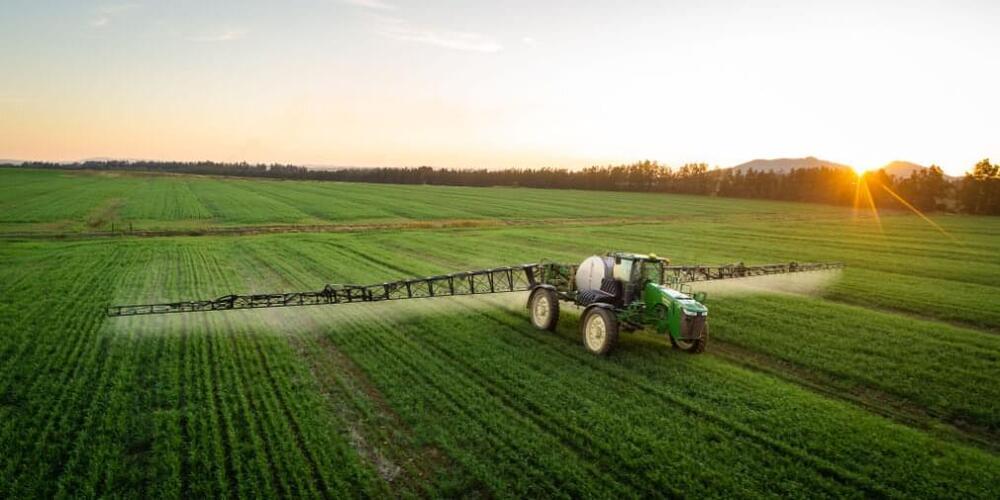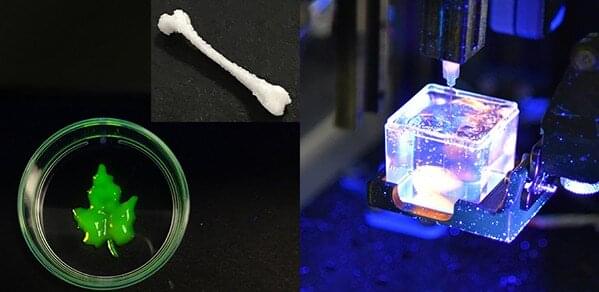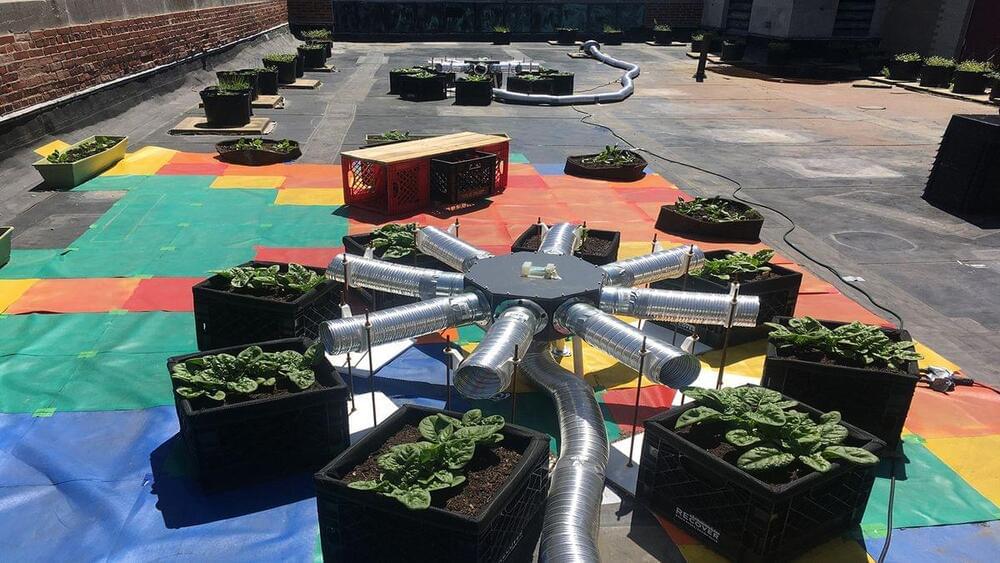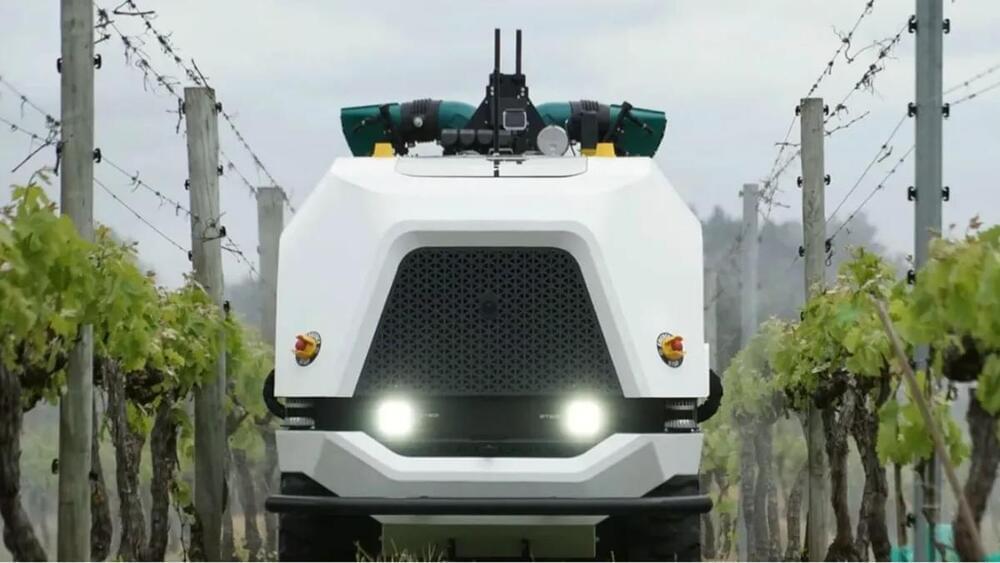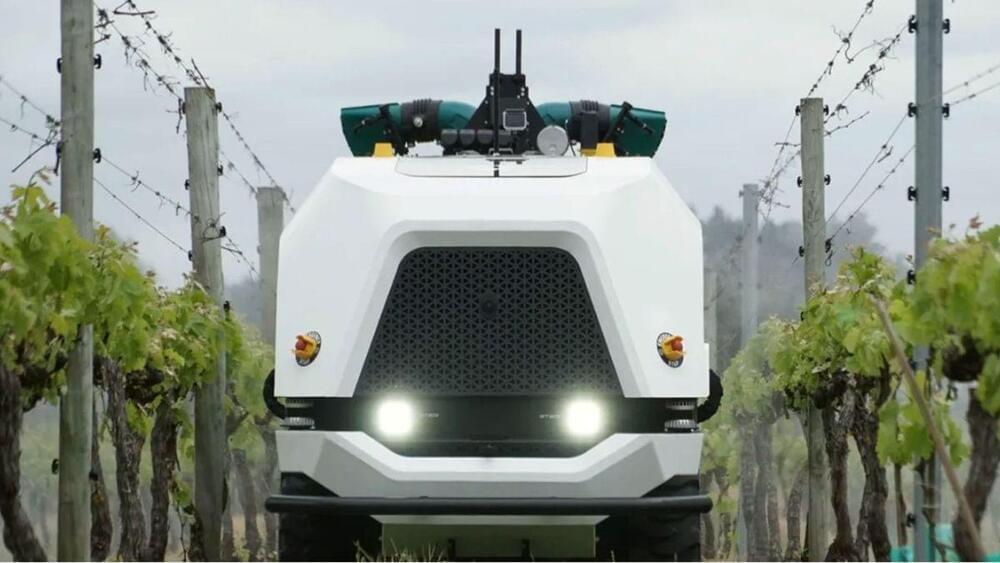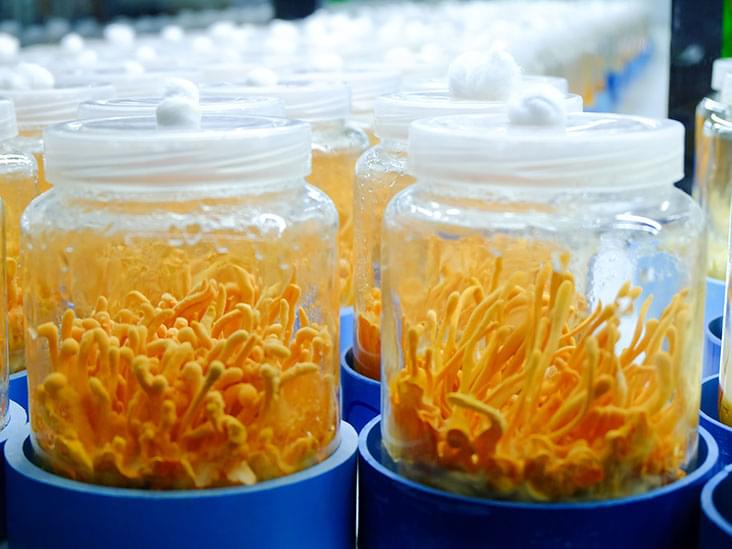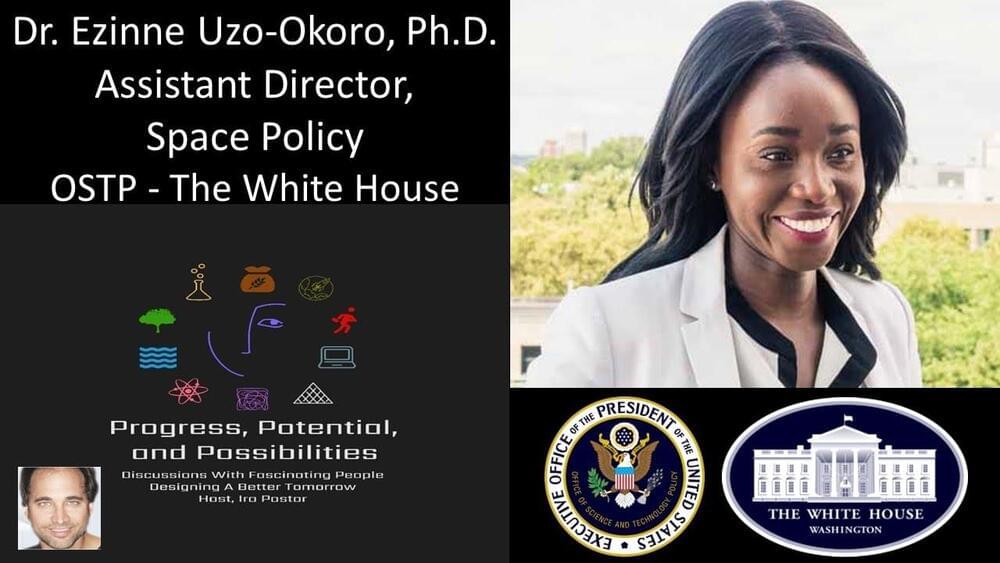Oct 29, 2022
Study involving CU-Boulder shows fertilizer can be made from sunlight
Posted by Omuterema Akhahenda in categories: biological, chemistry, food, particle physics
A group of scientists led by the U.S. Department of Energy’s National Renewable Energy Laboratory (NREL) in Golden and involving the University of Colorado Boulder has developed a new, eco-friendly method to produce ammonia, the main ingredient of fertilizer, using light.
The researchers discovered that light energy can be used to change dinitrogen (N2), a molecule made of two nitrogen atoms, to ammonia (NH3), a compound of nitrogen and hydrogen. The researchers hope the newly discovered, light-driven chemical process that creates ammonia can lead to future developments that will enhance global agricultural practices while decreasing the dependence of farmers on fossil fuels.
Traditionally there have been two main ways to transform nitrogen, the most common gas in Earth’s atmosphere, for use by living organisms. One is a biological process that occurs when atmospheric nitrogen is “fixed” by bacteria found in the roots of some plants like legumes and then converted to ammonia by an enzyme called nitrogenase.
